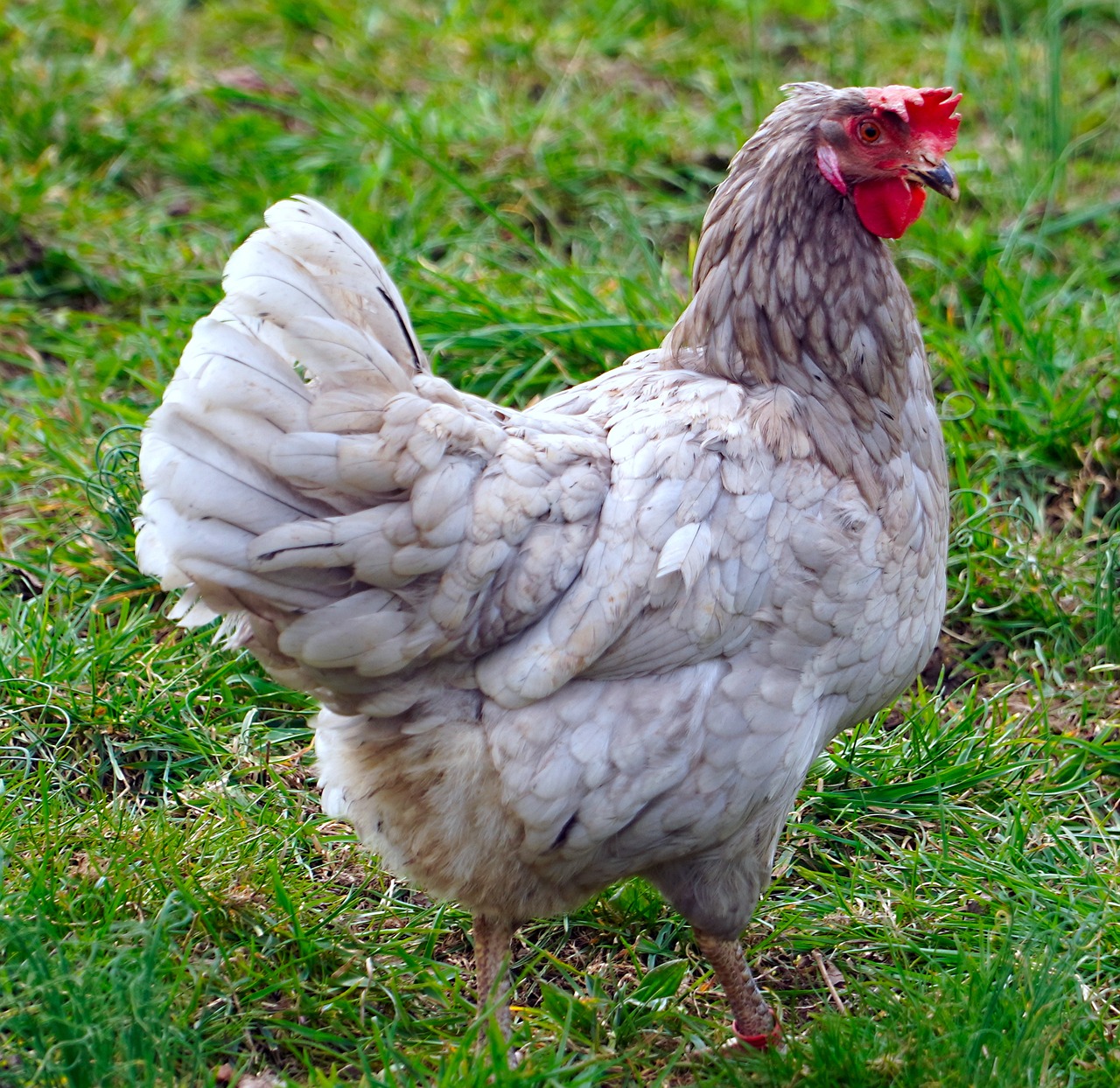Many believe that chickens actively attract rodents, but the reality is far more nuanced. Let’s unravel this misconception and explore the complexities of rodent control in the context of backyard chicken coops, including will chickens eat mice.
Dispelling Misconceptions: Contrary to popular belief, chickens themselves are not the primary attractants for rodents. Rather, it’s the readily available food and water sources in and around chicken coops that draw rodents in. Understanding this distinction is crucial for effective rodent management on your property.
The Nuisance of Rodents: Rodents pose a myriad of problems for backyard chicken enthusiasts. From devouring chicken feed to preying on eggs and chicks, their presence can wreak havoc on a flock and its surroundings. Moreover, rodents contaminate feed, water, and coop surfaces with their droppings, urine, and hair, creating unsanitary conditions that compromise the health of both chickens and humans.
Hazards and Health Risks: Beyond being a nuisance, rodents are carriers of various parasites and diseases that can have serious implications for backyard flocks. Lice, fleas, mites, and other pests hitch a ride on rodents, spreading throughout the coop and infesting chickens. Additionally, rodents can transmit diseases such as Salmonella, posing risks to both poultry and humans.
Physical Damage and Stress: The damage wrought by rodents extends beyond mere consumption of resources. Their burrowing activities can destabilize yards and pose structural risks to chicken coops. Gnawing through coop walls and wires, rodents compromise the safety and security of the flock. Moreover, the presence of rodents can induce stress in chickens, leading to reduced egg production and overall diminished well-being.
Multi-Faceted Solutions: Effectively managing rodent populations requires a comprehensive approach that addresses both attractants and active control measures. Securing feed and water sources in rodent-proof containers reduces access to tempting resources. Regular coop maintenance, including cleaning and sealing potential entry points, helps fortify defenses against rodent intrusion.
Proactive Practices: In addition to physical deterrents, implementing proactive practices can help mitigate rodent infestations. Regularly removing spilled feed and debris from the coop area minimizes potential attractants. Furthermore, integrating natural deterrents, such as predator urine or mint oil, can discourage rodent activity without resorting to harmful chemicals.
Conclusion: The question of chickens will eat mice is just one facet of the larger issue of rodent management in backyard chicken coops. While chickens may opportunistically consume mice, they are not the root cause of rodent infestations. By understanding the dynamics at play and implementing proactive measures, backyard chicken enthusiasts can create safer and healthier environments for their feathered friends. Let’s dispel the myth of will chickens eat mice and take proactive steps towards effective rodent control in our backyard coops..

